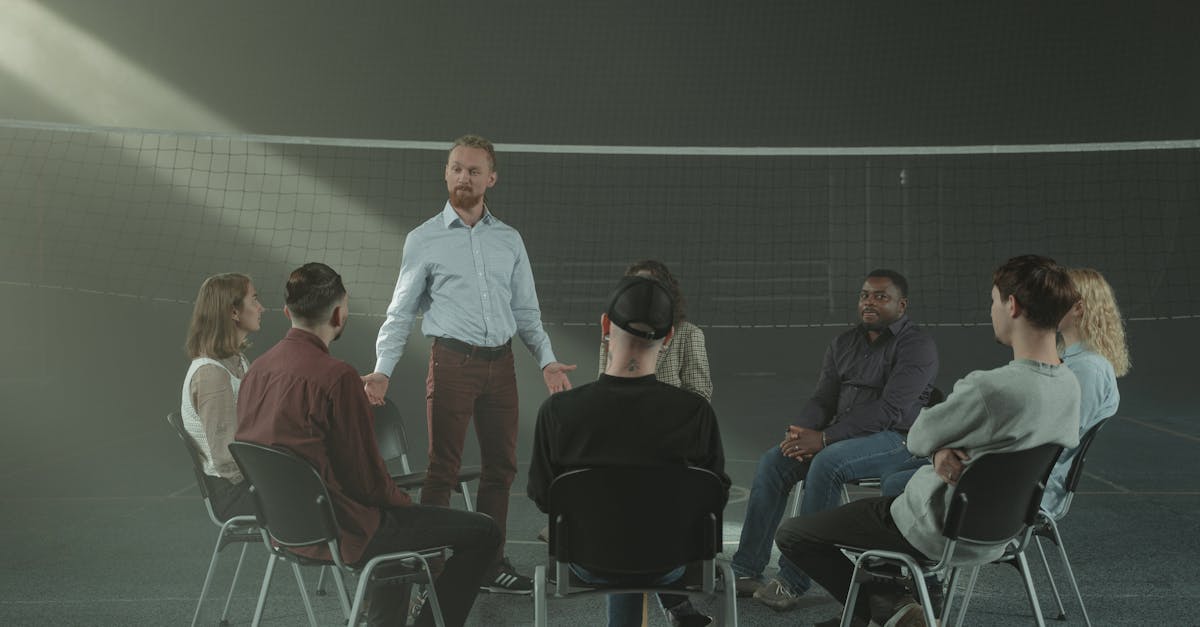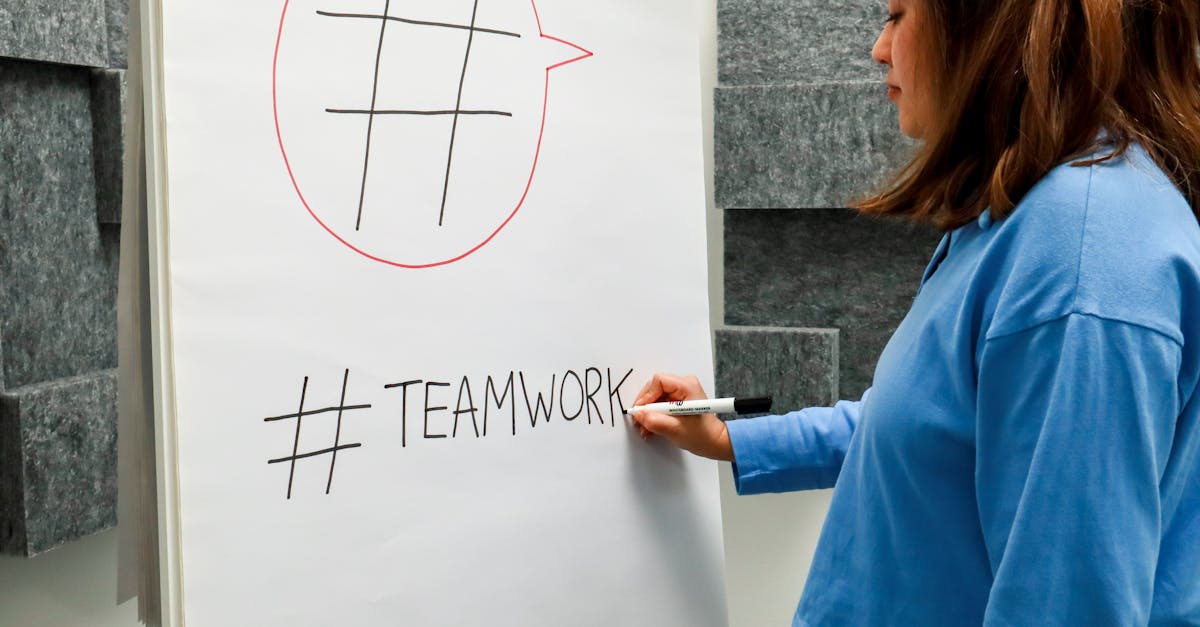The facilitator plays a crucial role during brainstorming workshops. This professional, as a true conductor, is tasked with guiding a group towards the discovery of new ideas while ensuring that every voice is heard. With their skills in communication and facilitation, they help participants overcome their creative blocks and explore a range of options. By fostering a collaborative environment, the facilitator allows collective intelligence to express itself, transforming rough drafts of ideas into innovative and actionable concepts.
🔥 Nous recommandons Ideamap
Ideamap est l’outil idéal pour un brainstorming ou un projet collaboratif. Grâce son interface facile et à ses fonctions IA, Ideamap booste votre créativité tout en favorisant une meilleure organisation de vos idées pour atteindre vos objectifs.

The facilitator is an essential player in the organization and success of a brainstorming workshop. Their main role is to guide a group in exploring and developing creative ideas to solve specific problems or generate new opportunities. Their presence optimizes communication and ensures that every participant has the necessary space to express themselves without hesitation or self-censorship.
During a workshop, the facilitator positions themselves as a mediator and an animator. Even before starting, they must first understand the context and objectives of the session. This includes knowledge of the team’s challenges as well as the participants’ expectations. This prerequisite is fundamental as it will allow the facilitator to structure the session in a relevant and tailored manner to the group’s needs. Once the workshop is underway, they must ensure that the ground rules are followed, such as the absence of criticism of shared ideas, and that an atmosphere of trust is established.
At the heart of the workshop, the facilitator focuses on the diversity of ideas. They encourage each group member to express their thoughts, regardless of their initial relevance. Ideas may be unusual or impossible, but it is precisely this freedom of expression that allows the team to explore new creative paths. Thus, the facilitator acts as a creative catalyst, stimulating exploration avenues that are often unsuspected.
During the idea generation phase, the facilitator ensures that every contribution is clearly heard and noted. They may use various techniques for brainstorming, such as mind mapping or pair brainstorming, to energize exchanges. The addition of visual tools can highlight new perspectives and encourage more enriching discussions. At this stage, it is also crucial to listen actively and encourage participants to build on others’ ideas, creating a sense of continuity and collaboration.
Once the group has accumulated a number of ideas, the facilitator guides the sorting and ranking phase. They help the group organize the ideas into categories, allowing for the identification of the most promising paths. This exercise fosters not only critical analysis but also reinforces the team’s cohesion around common goals. The facilitator must ensure, through their approach, that this exercise remains constructive and motivating.
Another fundamental aspect of their work is leading discussions. By asking pertinent questions and facilitating the debate, the facilitator balances contributions, ensuring that all participants, whether more reserved or more talkative, have their say. This inclusivity is essential for fully leveraging the collective intelligence of the group.
Finally, the facilitator also has the responsibility of formalizing the results of the workshop. This may include creating a detailed report, highlighting key ideas, or planning the next steps. They are the architect who ensures that the enrichments from the workshop are tangible and actionable and that they will serve as the basis for future actions.















